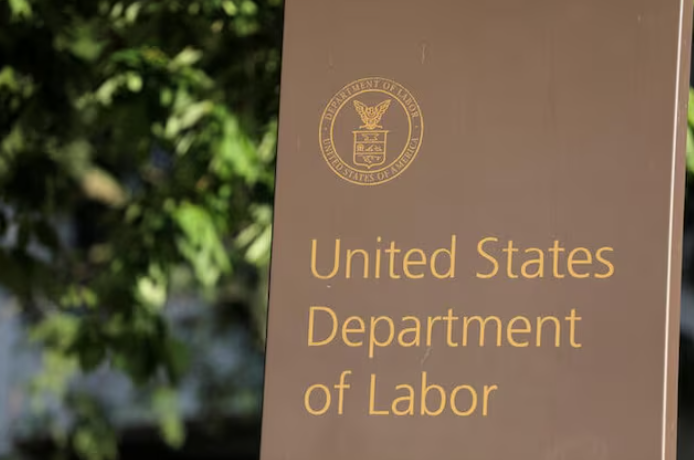ABM Industry Groups has filed a lawsuit against the U.S. Department of Labor, claiming the agency’s administrative proceedings for enforcing anti-discrimination requirements on federal contractors are unconstitutional. The janitorial services company filed the complaint in Houston federal court on Monday, arguing that these in-house proceedings violate its constitutional right to a jury trial. ABM also contends that administrative judges with the Department of Labor’s Office of Federal Contract Compliance Programs (OFCCP) are improperly insulated from removal by the U.S. president.
The OFCCP enforces executive orders that prevent federal contractors from discriminating based on race, sex, and other protected traits, and from retaliating against employees engaging in protected activity. ABM is seeking to halt an ongoing Labor Department case that began in 2021, which accuses the company of favoring Hispanic job applicants over white and Black applicants—a claim ABM has denied.
This lawsuit is at least the third in recent months that challenges the constitutionality of Labor Department proceedings, following a June U.S. Supreme Court ruling in Jarkesy v. U.S. Securities and Exchange Commission. In that case, the justices ruled that the SEC’s practice of imposing civil penalties in administrative fraud cases violated the Seventh Amendment’s guarantee of a jury trial. Similar lawsuits have been filed by Comcast and Perdue Farms, which argue that administrative whistleblower cases heard by Department of Labor judges are also unconstitutional.
ABM’s lawsuit asserts that OFCCP administrative judges exercise executive power and, under the Constitution, must be accountable to the president. Currently, these judges can only be removed for cause, and only after a recommendation from a federal civil service board that is not directly controlled by the White House.
The Jarkesy case, heard by the 5th U.S. Circuit Court of Appeals in 2022, found that SEC administrative judges were improperly shielded from removal, though the Supreme Court did not directly address this issue in its ruling. Instead, the Court affirmed the 5th Circuit’s decision regarding civil penalties.
The case is ABM Industry Groups v. U.S. Department of Labor, U.S. District Court for the Southern District of Texas, No. 4:24-cv-03353.

